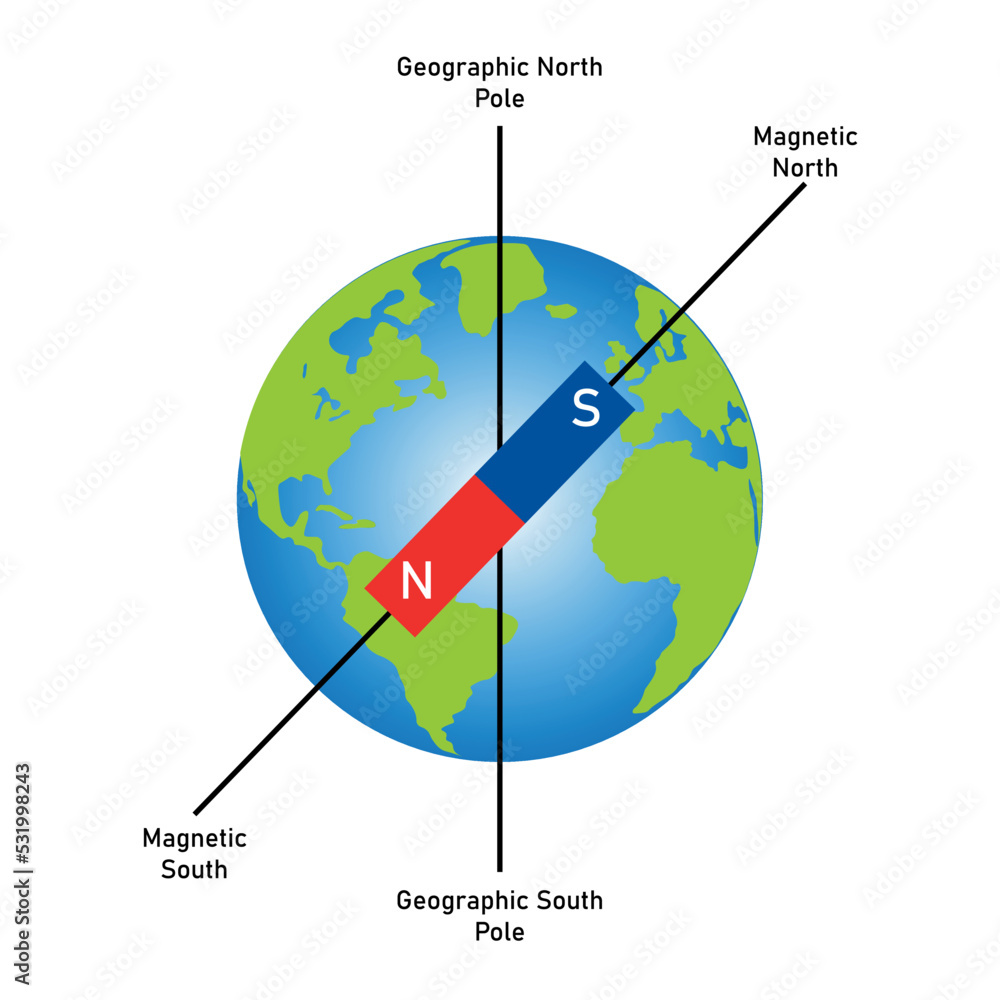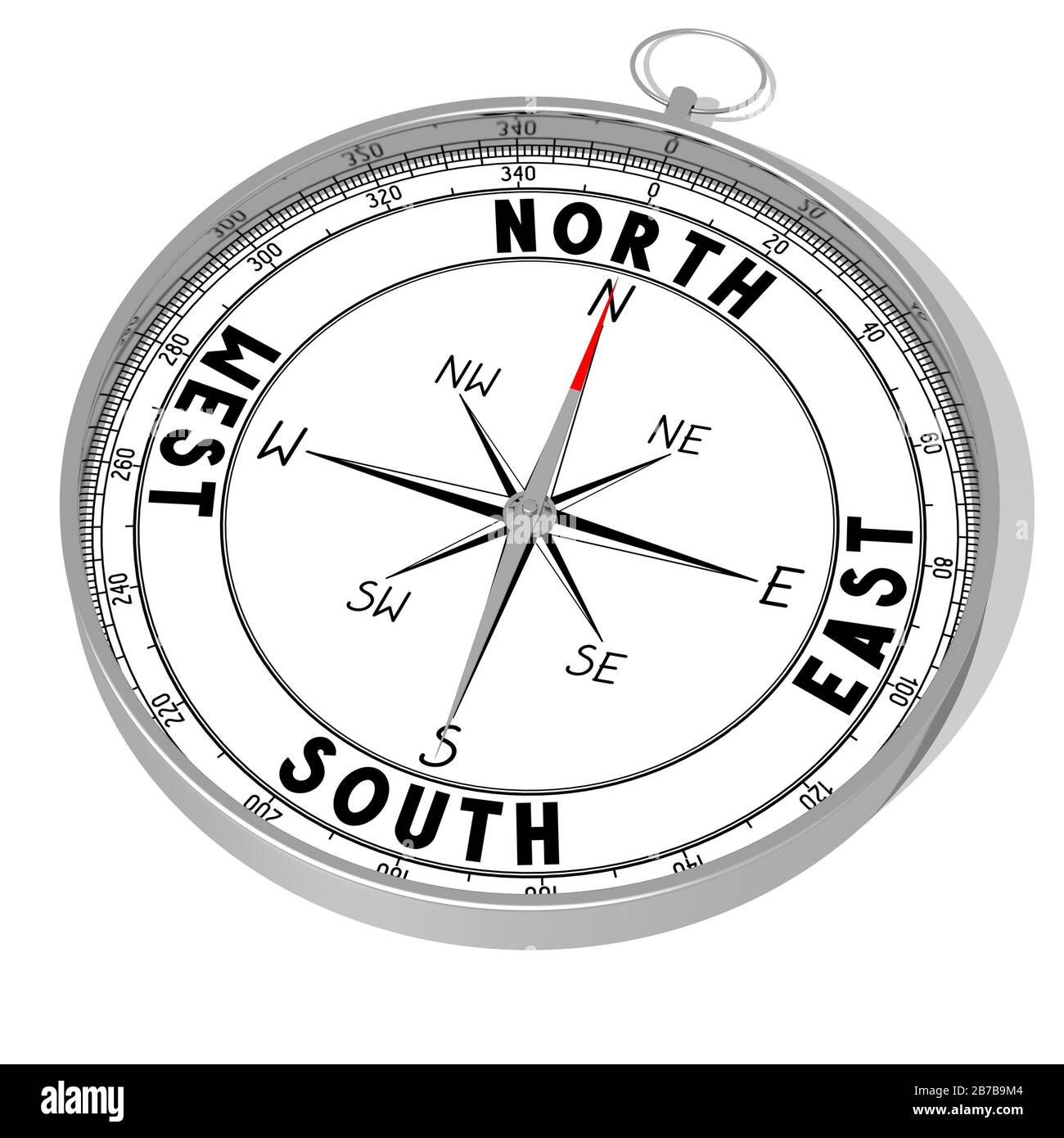Unraveling The Enigma: The North American Pine Squids
Imagine a creature so elusive, so perfectly adapted to its environment, that it blends seamlessly with the very trees it calls home. We’re not talking about a bird or a squirrel, but something far more intriguing: the North American Pine Squid. While their existence remains a topic of whispered tales among naturalists and a tantalizing mystery to many, the concept itself invites us to explore the vast and diverse landscapes of North America and the incredible adaptations life can develop. Let's dive into the lore and potential reality of these fascinating, if hypothetical, inhabitants of the continent.
Decoding the "North": What's in a Name?
The name "North American Pine Squids" immediately brings two key elements to the forefront: their geographical origin and their unique association with pine trees. Understanding the "North American" part is crucial, as it defines their potential habitat and the environmental pressures that might have shaped them. When we talk about "North," we're referring to a fundamental cardinal direction. In English, this is often abbreviated as 'N', just as 'S' stands for South, 'E' for East, and 'W' for West. 'N' is simply the first letter of the word "North," which translates to '北' or '北方' in Chinese.
The term "north" can be used in various contexts. For instance, if you're facing the direction where the sun rises (East), North is the direction on your left. It signifies a general direction, as in "the wind is coming from the north" or "I grew up in the north." However, the word "north" can also carry a stronger, more specific meaning, especially when referring to geographical or political divisions. For example, when we discuss the American Civil War, "the North" refers to the Union states, carrying a significant historical and political weight, distinct from "the South." Similarly, when we talk about "North Korea," it's not just a geographical descriptor but a political entity, translated from '조선' (Chosŏn).
Distinguishing between "north" and "northern" is also important. While both can indicate "北部" or "北方," "north" often implies a more definite division, sometimes with political or social significance, referring to a specific part of a continent, country, or region. "Northern," on the other hand, is more generally descriptive, like "northern lights" or "northern regions." North America itself is a vast continent, encompassing a wide array of climates and ecosystems, from the icy tundras of Canada to the deserts of Arizona and the temperate forests of North Carolina. States like Alabama (AL), Alaska (AK), Arizona (AZ), Arkansas (AR), California (CA), Colorado (CO), and Connecticut (CT) all fall within this massive landmass, showcasing its incredible diversity. Even within a single state, "North" can define specific areas, such as "North Suffolk" in Virginia, where you can find everything from retail and dining options to specialized services like North Suffolk Psychiatry, offering mental health treatment for children, adolescents, and adults.
The fact that our hypothetical creatures are "North American" implies they are adapted to the unique conditions found across this expansive continent, particularly in its more northerly reaches. Parts of the north are known for their harsh winters, with the ground becoming very cold as winter snow and ice covers the landscape. This environmental reality plays a significant role in shaping any species that calls these regions home.
The "Pine" Connection: Habitat and Adaptation
Now, let's turn our attention to the "Pine" in "North American Pine Squids." This suggests a profound connection to pine trees and the coniferous forests that dominate vast stretches of North America, particularly in its northern and mountainous regions. Why "pine"? Perhaps these squids possess a remarkable camouflage, their skin patterns mimicking the bark or needles of pine trees, making them nearly invisible to predators or prey. Or maybe, their bodies are shaped like pine cones, allowing them to nestle amongst the cones on branches or blend into the forest floor litter.
Their diet could also be linked to pines – perhaps they feed on sap, pine nuts, or even the insects that inhabit pine trees. Given the cold, often snow-covered conditions of the northern forests, these creatures would need incredible adaptations for survival. They might possess a natural antifreeze in their blood, or a unique ability to hibernate or aestivate during the harshest months. The birds migrate from the north when winter approaches, but what if the Pine Squids are resident, enduring the cold by burrowing deep into the forest soil or finding shelter within hollowed-out logs?
The "pine" aspect also hints at a specific ecological niche. Unlike their marine counterparts, these squids would be terrestrial, or perhaps arboreal, navigating the branches of towering pine trees with surprising agility. Their tentacles, instead of being suited for grasping prey in water, might be adapted for clinging to rough bark, manipulating pine needles, or even for digging. The dense concentration of pine forests in areas like the Pacific Northwest, the Rocky Mountains, and across Canada provides ample habitat for such a creature, offering both shelter and sustenance.
A Creature of Legend or Reality?
The idea of North American Pine Squids certainly sparks the imagination. While there is no widely recognized scientific evidence of their existence, the vastness and unexplored corners of North America leave room for wonder. Many parts of the continent, especially the remote northern regions, are sparsely populated, with most of the country's population concentrated in more accessible areas. This makes it challenging for researchers to thoroughly explore every nook and cranny, leaving ample space for cryptids and undiscovered species.
The concept of a "Pine Squid" serves as a delightful reminder of the mysteries that still abound in the natural world. It encourages us to appreciate the intricate web of life and the incredible ways species adapt to their environments, even if those species exist primarily in our collective imagination. Perhaps one day, a lucky explorer or naturalist will stumble upon a creature that fits the description, proving that even the most fantastical ideas can sometimes have a basis in reality.
In conclusion, the North American Pine Squids, whether real or imagined, embody the spirit of exploration and the rich biodiversity of the North American continent. Their hypothetical existence draws upon the geographical definitions of "North," the environmental challenges of northern climates, and the unique ecosystems found within pine forests. They represent the enduring mystery of nature and the endless possibilities of life's adaptations, reminding us that there is always more to discover in the wild, untamed corners of our world.

Vetor de Diagram of magnetic field of earth showing the north pole and
Compass Map Silhouette Icon. Rose Wind Navigation Retro Equipment Glyph

East -Wschód - www.shopequipments.com